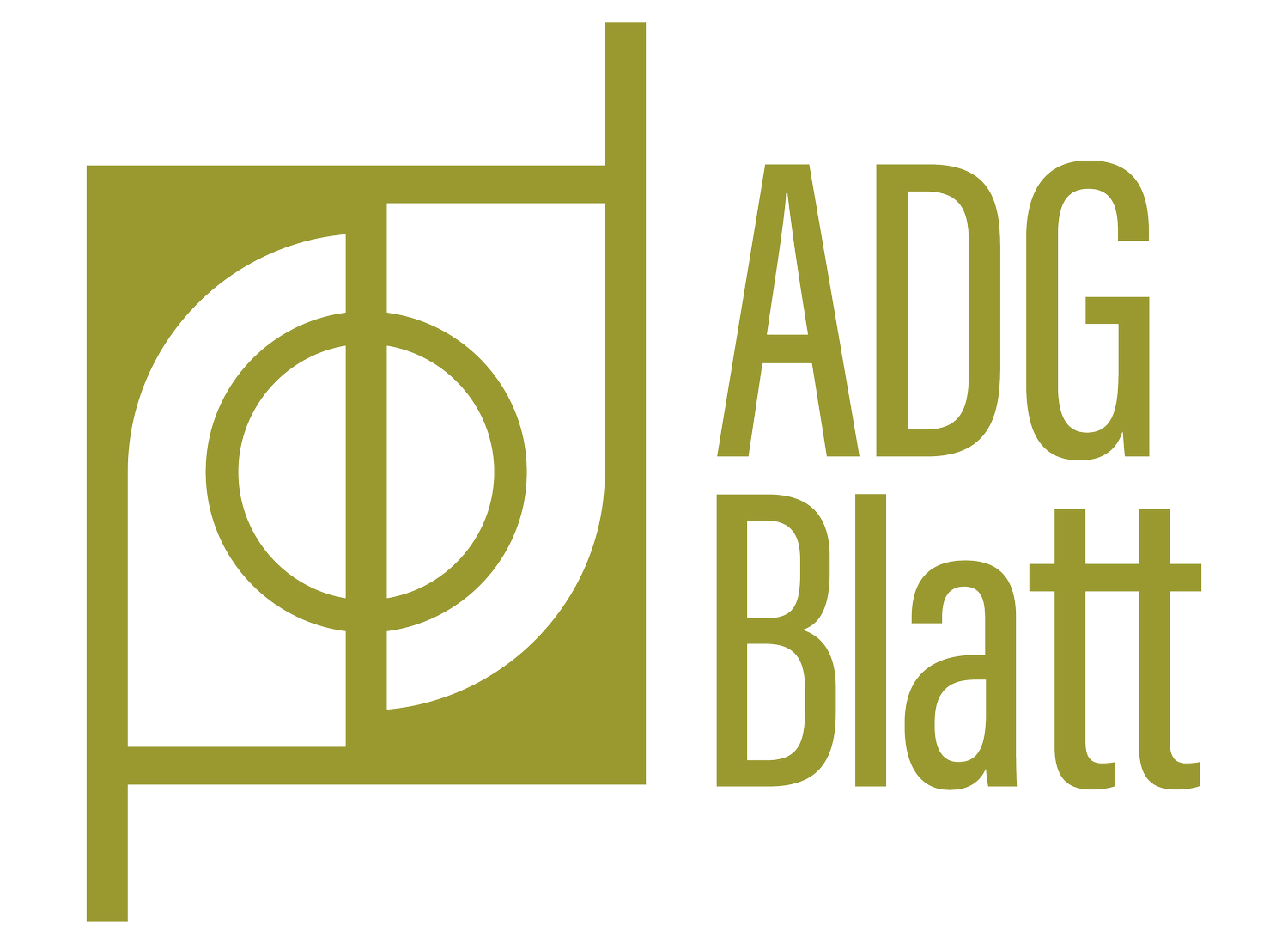OU Daily: OU Board of Regents approves new freshman housing plan, private shift to university fundraising in March meeting
The OU Board of Regents passed agenda items Friday approving a freshman housing master plan to replace the nearly 60-year-old towers and authorizing the transition of all fundraising efforts to the OU Foundation, a private nonprofit entity.
President Joseph Harroz said university administration is “endeavoring on a multi-year plan” to replace Walker, Couch and Adams Towers, which were built in the mid-1960s, with new structures.
According to the agenda, the item authorizes the university administration to negotiate the terms of an agreement and a fee, starting with the highest-ranking firm. Five architecture firms — ADG Inc./Mackey Mitchell Architects; KSQ Architects, P.C./Rand Elliott Architects; Bockus Payne Architects/Ayers Saint Gross; Frankfurt-Short Bruza Associates, P.C./KWK Architects and MA+ Architecture/TreanorHL — are being considered for involvement in the plan, and ADG Inc./Mackey Mitchell Architects has the highest ranking from the board.
OU expects the construction of approximately 3,350 new beds while maintaining the current freshman bed count, according to the agenda. Adams has the capacity to house 908 students, with Couch accommodating 1,396 available beds and Walker offering 1,404, for a total of 3,708 beds.
When the plan’s scope, cost and phasing have been developed, the board will be asked to approve the project, as well as its budget for each phase. According to the agenda, funds to cover the costs of “preliminary professional services up to $4,000,000 for the first phase(s)” are available and identified from Housing Operations.
Harroz said the construction will be done in phases and timed based on the advice of the architecture firm, as some towers need replacement more urgently than others. He also said housing reconstruction has been factored into long-term financial plans.
The regents also approved an item authorizing a request to the governor, the speaker of the State House of Representatives and the president pro tempore of the State Senate seeking approval to issue general, limited and special obligation bonds in support of funding student housing infrastructure on the Norman campus.
The nonprofit that funded and constructed Cross Village filed a 2019 lawsuit against OU, claiming the university made “false promises and misrepresentations” to persuade it to start the project. The project’s bondholder trustee and OU exchanged accusatory emails in September 2019 threatening legal action related to Cross.
Harroz said in an effort to best support the OU strategic plan, the public Office of University Advancement will be restructured by moving its fundraising services to the private OU Foundation.
According to the agenda, when compared to peer institutions, OU’s fundraising has declined in performance over the past few fiscal years. The success of similar universities, the agenda read, is because they “built significant fundraising capacity and highly professionalized organizations.”
The agenda reads this shift will “allow for full integration of the fundraising organization and end-to-end fundraising process, create a comprehensive fundraising governance model, and align the principle funding source, the Foundation, with the responsibility for fundraising.”
Harroz praised the hiring of Amy Noah, OU Foundation’s new vice president and chief advancement officer. He also said Purdue University received $2.5 billion through a seven-year campaign Noah headed, and it raised a “record-breaking” $517 million under her leadership in 2019.
NonDoc reported the relationship between OU and the Foundation is murky, as OU Foundation President Guy Patton explained.
“The university is not accountable for, and does not have ownership of, any of the assets of the foundation or the financial and capital resources of the foundation. The foundation exists to benefit the university but, in the final analysis, the foundation is answerable only to its donors — not to the university (or the general public),” Patton said in the article.
The Foundation also tried unsuccessfully for two years to persuade state legislators to pass a bill exempting university foundations from the Oklahoma Open Records Act, according to NonDoc.
No employees affiliated with the OU Foundation or the Office of University Advancement were at the meeting for comment.
Chair Gary Pierson said after the meeting he hopes the shift in university fundraising, and the way the regents have conducted their meetings recently, have built more trust from community members.
“I would hope the citizens and taxpayers of Oklahoma and the Sooner nation would admire a group of professionals that have many other obligations in their lives, that will set those obligations to the side to come work tirelessly both at these meetings and in committee meetings,” Pierson said. “Running an enterprise that is a $2.2 billion enterprise, that’s no small task. This isn’t something that you can just do in your spare time.”
He also said there is “no such thing as disengaged oversight from the public.”
“These are complex issues in a complex time,” Pierson said. “They can’t just drive by and reach a conclusion on whether we’re doing something right or wrong by only getting 1 percent of the facts. … Oversight with the public would be people that want to engage full-time in this.”
Pierson added not many members of the public know how to run a billion-dollar entity, and likely don’t have the time to observe the inner workings of the Board of Regents.
Read the full article here.


